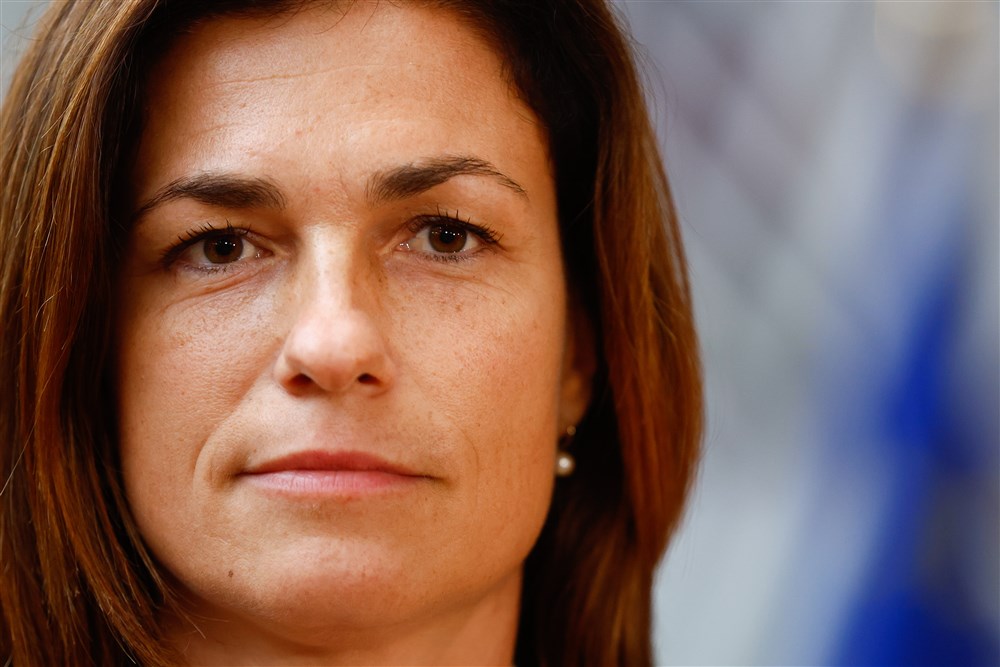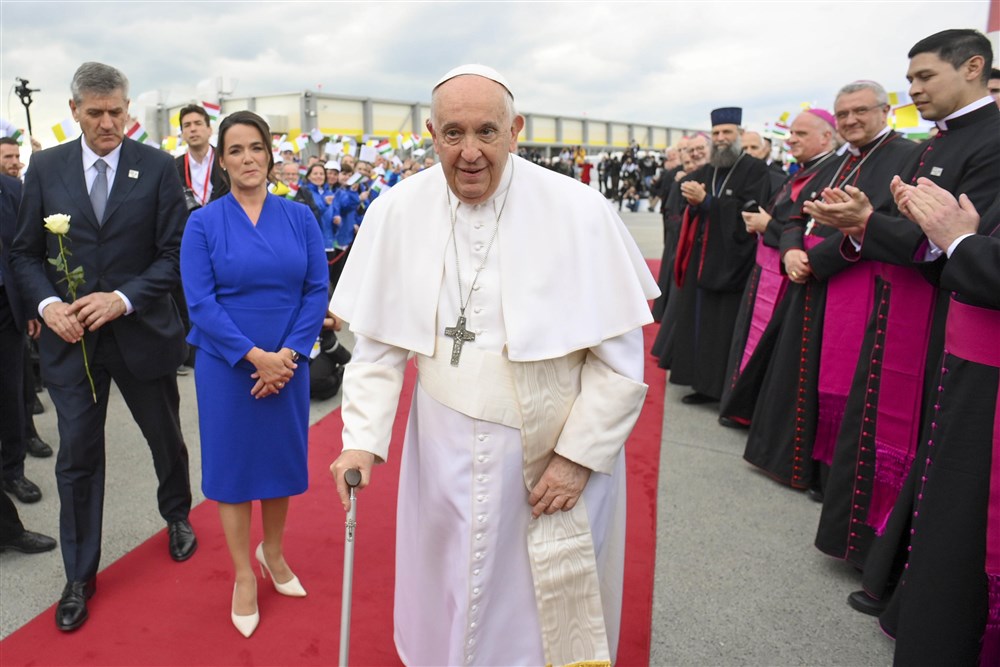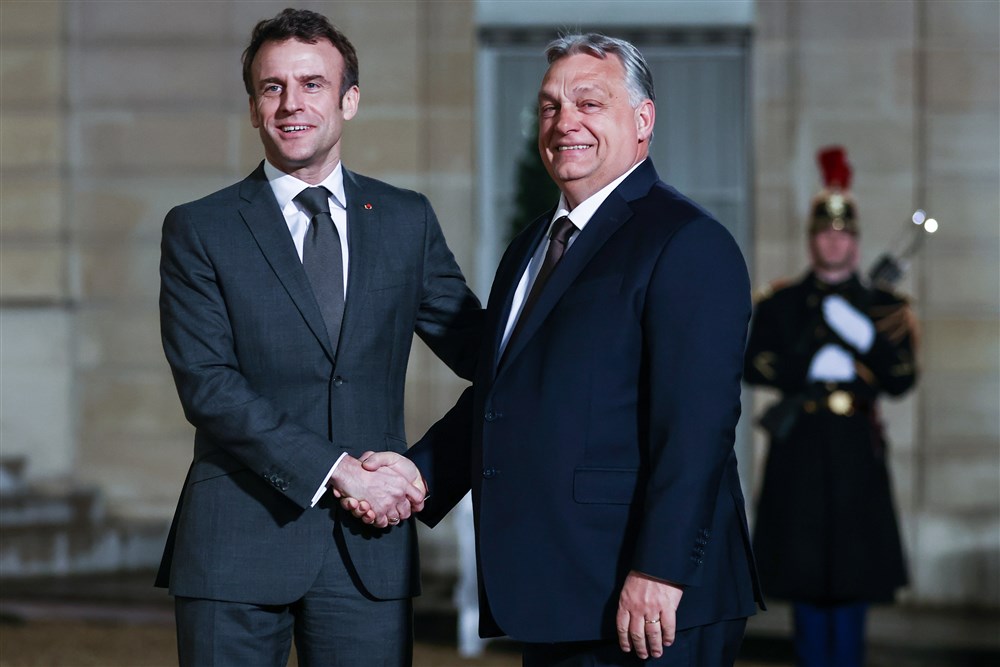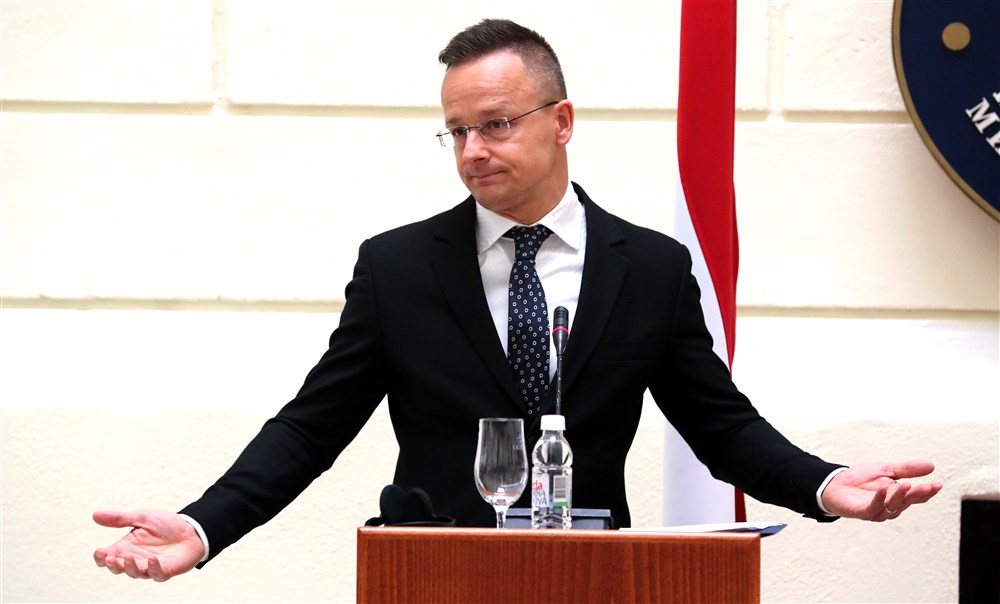Financial stress, declining readerships, shrinking advertising and the the pandemic have left Greece’s legacy media on the brink, according to Reporters Without Borders.
The “long-term survival” of many Greek media outlets is now in doubt, the organisation says in its latest report.
A contributing factor appears to have been a breakdown in trust among the Greek population.
Greek media is one of the least trusted in Europe compared to other countries, reports the International Press Institute.
This wasn’t helped by the so-called Petsas List media fracas —named after government spokesperson Stelios Petsas—that occurred in 2020 at the start of the pandemic. It involved more than 1,000 media outlets accepting payments totalling around €20 million from the Greek government for promoting the ‘Stay At Home’ public health message policy during the first virus wave.
While the Petsas scandal was “quite singular in its disdain for transparency,” the International Press Institute says it was “also indicative of a deeper and persistent problem.”
Greek media falls below the standards expected “of a functioning democracy”, the institute says. A “combination of ownership issues, drastic cuts in costs and jobs, and a peculiar — to put it mildly — relationship to political power,” has given rise to a “deeply problematic media landscape, where unbiased, dispassionate coverage is hard to find.”
As a result, a majority of Greeks seek out their news from social media platforms rather than legacy media. Based on a survey of 46 countries by the Reuters Institute for the Study of Journalism, the average respondent in Greece “uses more digital sources per week” than any other country bar Kenya.
This level of dependence on social media news has been blamed for the “toxic nature of public debates and the levels of misinformation” in the country, says the Reuters Institute.
“Extreme left and extreme right activists regularly attack the premises of the media they consider as ideological enemies,” says RSF.
RSF and its global index is an internationally recognised barometer of press freedoms around the world. It’s also an importance source of information for EU institutions, such as the European Commission, that use data when drafting reports related to the rule of law in EU countries, notes Euroactiv.
The EC has criticised Hungary and Poland over rule of law issues and sanctioned them by withholding EU funds. Similar measures have not been applied to Greece, which will hold national elections on 21 May.
Greece is ranked as the worst EU country in the EU for press freedom: 107 out of 180 countries globally and lower than both Haiti and Qatar. The Greek government has called the RSF index “unreliable”.





